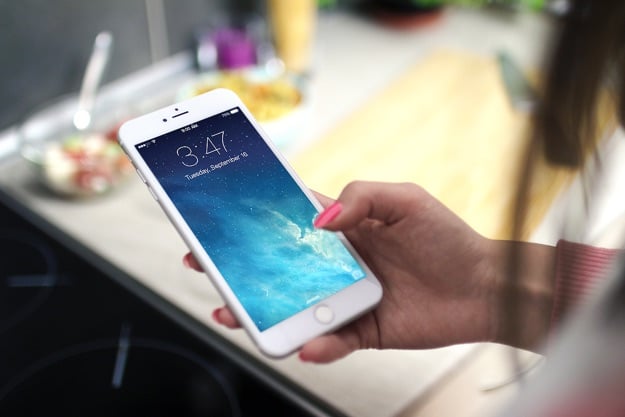HTC And Motorola Say They Won't Throttle Phones, Meanwhile Apple Faces Criminal Suit In France
Not surprisingly, some of Apple's competitors are latching on to its misery, while at the same time reassuring current -- and potentially, future -- customers that they would never use such secretive tactics. The Verge received statements from both HTC and Lenovo/Motorola on the issue.

A representative for HTC said that throttling the processors in their smartphones "is not something that we do". As for Motorola, a spokesperson for the company responded, “We do not throttle CPU performance based on older batteries". Comments were also sought from other heavy-hitters like Google and Samsung. Neither company was prepared to make a statement on throttling -- for now. Given that Samsung has had its own issues with batteries on the Galaxy Note 7 and Galaxy Note 8, it will likely tread lightly.
Apple is facing multiple lawsuits in the United States following its admission of iPhone throttling, and the Korean Communications Commission is seeking answers from the company as well. However, more troubling for the Cupertino, California-based company is that a new criminal lawsuit has been filed in France by Halte l'Obsolescence Programme (HOP - Stop Planned Obsolescence). The lawsuit alleges that the iPhone throttling is part of a grand scheme to persuade customers to upgrade their smartphones for a newer model.
“Everything is organised for force consumers to renew their smartphones," said Laetitia Vasseur, HOP co-founder. “It is our mission to defend consumers and the environment against this waste organised by Apple."
The lawsuit seeks a prison sentence of two years, a fine of 300,000 euros (maximum) and 5 percent of Apple's profits.

